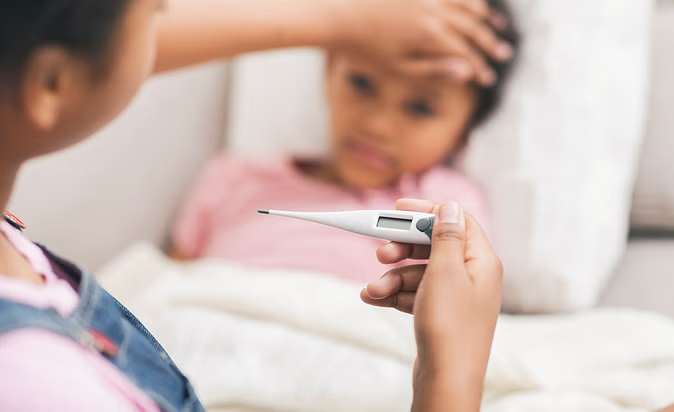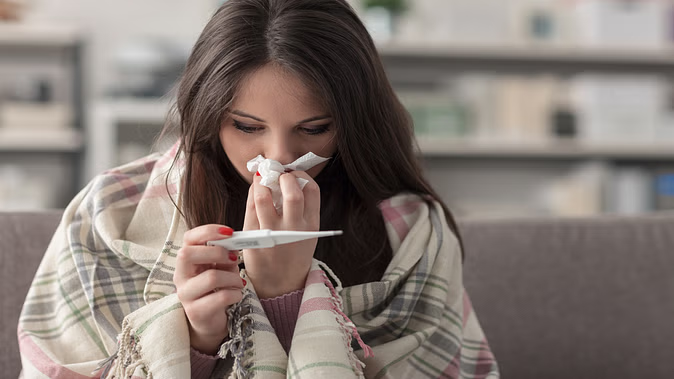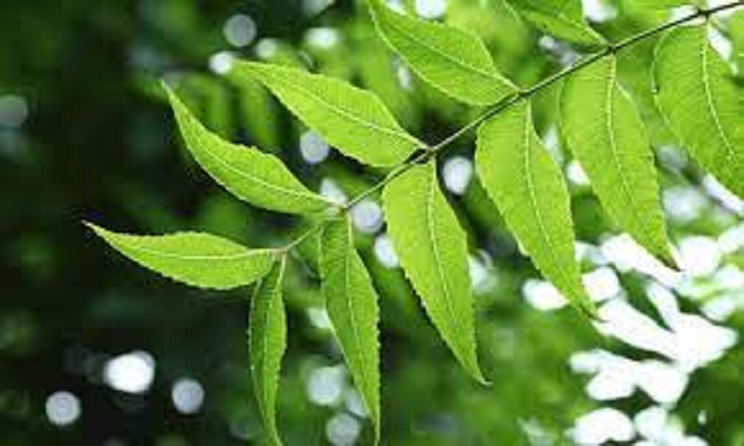This rainy season brings with it many diseases. Along with stomach infections due to contaminated water, the risk of mosquito-borne diseases also increases significantly. In this season, the risk of encephalitis disease has also been seen in many parts of the country, it is known as brain fever. This disease, which mainly affects children and the elderly, can also be fatal.

Encephalitis is a disease of inflammation in the brain. It can be caused by viral or bacterial infections. In some cases, this can also happen due to immune cells mistakenly attacking the brain. This infection can also spread through insects like mosquitoes and ticks.
Japanese encephalitis, a form of encephalitis, has been reported a lot in many districts of Uttar Pradesh. However, due to the efforts of the government, it has been controlled a lot in the last few years. It is important to get this serious disease diagnosed and treated immediately. Let us know why this disease is so dangerous and how can we prevent it?
Japanese encephalitis and its symptoms
Japanese encephalitis is spread by the bite of infected mosquitoes. Most of the infected show mild symptoms, however those with severe disease may have problems like fever, headache and vomiting. If these are not taken care of in time, then it can also lead to confusion, seizures and coma. Symptoms like seizures have been seen more in children due to Japanese encephalitis.
Danger of Japanese encephalitis
Studies have found that the risk of this disease has been seen more in rural areas where there is lack of cleanliness or in areas with more mosquito breeding. Traveling to places where there are already more cases of Japanese encephalitis can also increase your risk.
Cases of Japanese encephalitis have been reported more in summer and rainy seasons. Children are at higher risk because in areas where the virus is endemic, adults usually become immune to it as they age.
This disease affects the brain
Japanese encephalitis can seriously affect the brain. Some people may have lifelong complications such as deafness, uncontrolled emotional problems or weakness on one side of the body due to the brain-related symptoms. Health experts say that one can stay safe from this dangerous disease by taking care of cleanliness around the houses, taking measures to prevent water stagnation, and avoiding mosquitoes.
Is there a vaccine for Japanese encephalitis?
As per the guidelines of the Government of India, the vaccine has been made available for Japanese encephalitis endemic districts since April 2013. The vaccine is a two-dose vaccine, the first given at the age of 9 months with measles and the second given at the age of 16-24 months with DPT booster. By giving these vaccines to children, they can be protected from Japanese encephalitis and the serious health complications it causes.
Prevention is the best treatment for Japanese encephalitis. This deadly disease can be prevented by taking hygiene measures and avoiding mosquito bites.
(PC: ISTOCK)










